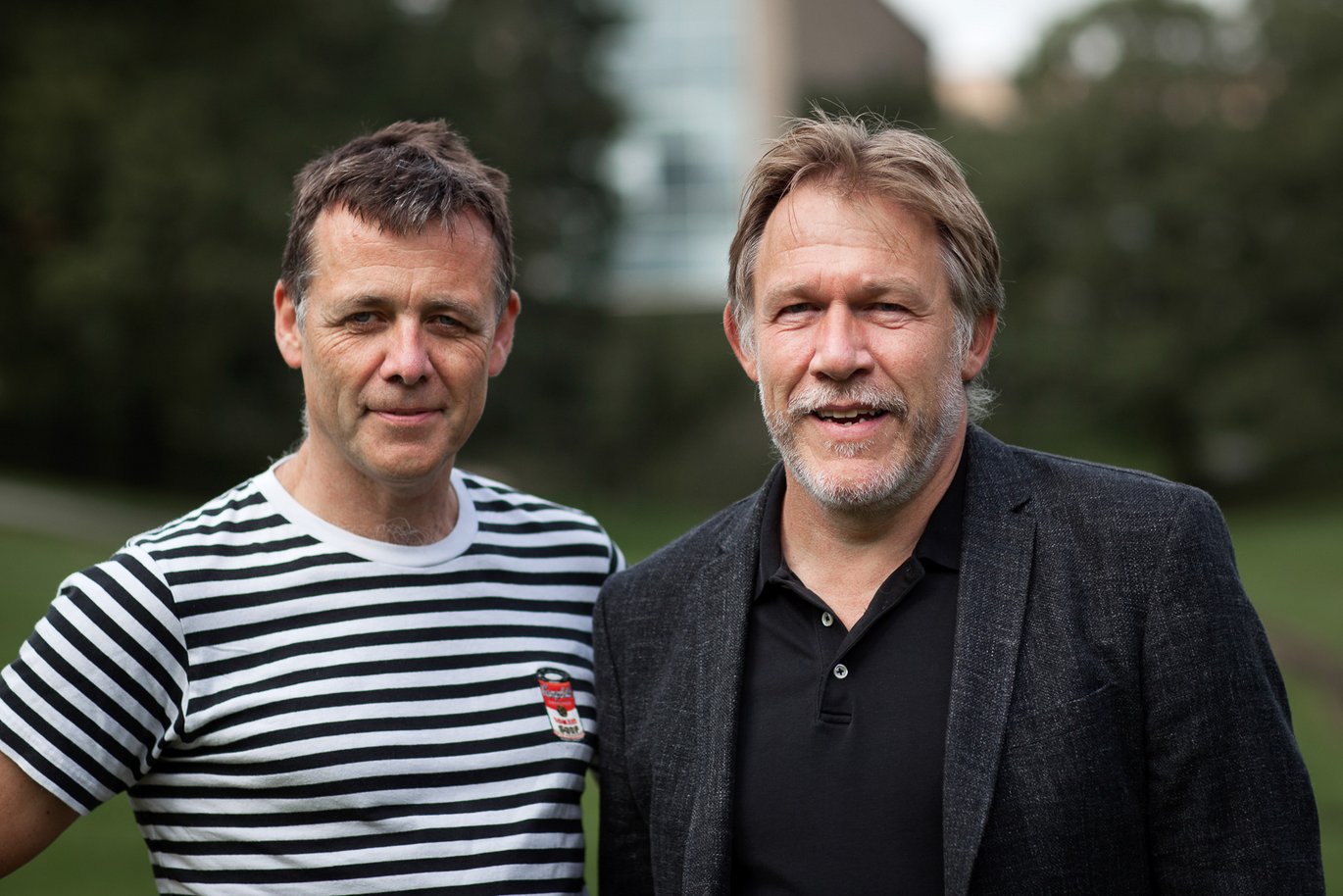Smartphone data could be used to help tackle the next epidemic wave
Researchers working on a new research project analyse health data from smartphones and wearables in households where one of the residents has either had or suspected that they had corona. The project, which is supported by the Innovation Fund Denmark, aims to help families and general practitioners to tackle a possible second wave of Corona better.

In the research project CoronaLytics, researchers from Aarhus University are collaborating with colleagues from general practice, among others. They combine and analyse health data obtained from citizens and their general practitioners during the first wave of the corona crisis. This is used to understand changes in behaviour and the spread of infection both within and outside households before, during and after the Danish Prime Minister closed society down back in March.
The knowledge and solutions generated by the project will support the close dialogue between families and their general practitioners, qualify our readiness for future epidemics, and help combat the spread of the virus so as to reduce the need to close down society.
Partnership with 5000 citizens and their doctors
The researchers map and analyse the developments from the first wave of COVID-19 on the basis of information from citizens and their doctors, together with data from smartphones and wearables. By analysing and combining health data from the 5000 citizens obtained from various digital sources, they can develop useful knowledge about changing ways of living, the development of infections, and how the corona situation has affected the everyday life and quality of life of families.
The project is carried out in a partnership between Aarhus University’s Department of Public Health and Department of Computer Science, the Research Unit for General Practice in Aarhus, the Alexandra Institute, the Danish Technological Institute, MedTech Innovation Consortium, and four medical practices.
The Innovation Fund Denmark is supporting the CoronaLytics project with DKK 3,995,112 over the next 15 months. The project builds on knowledge and solutions developed in the project HealthD360, which is also financed by the Innovation Fund Denmark.
This coverage is partly based on press material from the Innovation Fund Denmark.
Contact
Professor Carsten Obel
Aarhus University, Department of Public Health
Mobile: (+45) 2942 8405
Email: co@ph.au.dk
